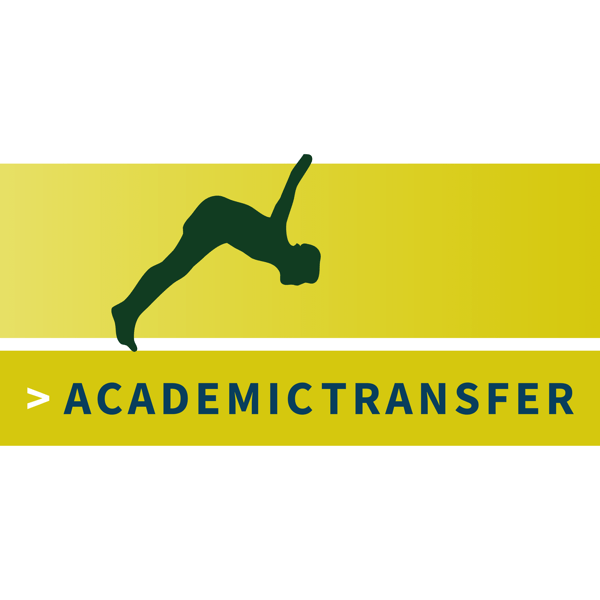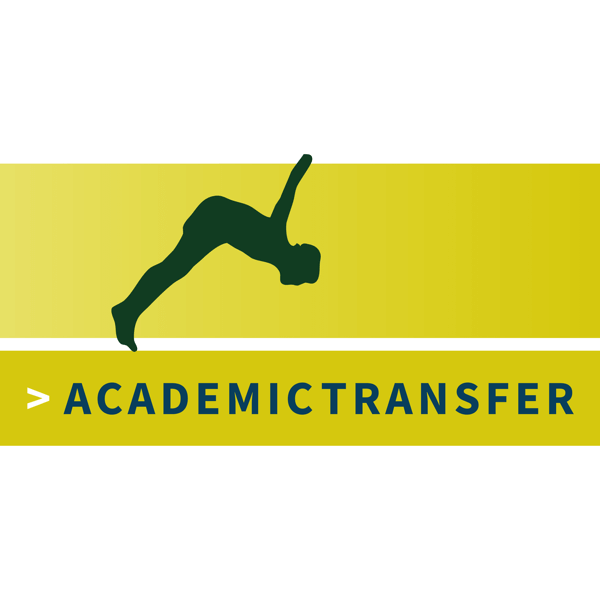
PhD Talk for AcademicTransfer: Tips for the Tenure Track
This post is part of the series PhD Talk for AcademicTransfer: posts written for the Dutch academic career network AcademicTransfer, your go-to resource for all research positions in the Netherlands.
These posts are sponsored by AcademicTransfer, and tailored to those of you interested in pursuing a research position in the Netherlands.
If these posts raise your interest in working as a researcher in the Netherlands, even better – and feel free to fire away any questions you might have on this topic!
Regardless of the horror stories out there, the tenure track is not as bad as you may think. I have previously described the tenure track system in the Netherlands (which has some particularities as compared to the American system), given my tips on how to make the best of it, described how I got tenure in the Ecuador and how I got promoted to associate professor in the Netherlands, explained what changes between being a postdoc and assistant professor on the tenure track, and which skills you need to learn as an assistant professor.
Today, I want to share my tips for fulfilling the tenure track requirements, so that you can make the process as smoothly as possible:
- Understand the requirements: First of all, if you are on the tenure track, it is important that you know what is expected of you at the end of your tenure track. The requirements may change, so make sure you ask your HR representative to share the latest documentation with you.
- Balance responsibilities: As an assistant professor, you have a lot of new responsibilities: developing courses, getting projects, supervising PhD candidates, networking and developing collaborations – among others. Find a way to balance all your responsibilities and move research, teaching, and service forward at the same time.
- Consolidate your efforts: You will be asked at the end of the tenure track about your research lines. If you have projects in a variety of topics, it is harder to make a coherent story out of it. In addition, think about ways to consolidate efforts between research, teaching and service. Some examples include: involving thesis students in your active research projects as compared to having them select a topic that may be less aligned with your work, and collaborating in technical committees on documents related to your research topic.
- Attract funding: If you want to do research, publish, and supervise students, you will need funding. The amount of funding you attract (in cold hard cash values) is important, so attracting funding should be a priority. Get all the support from your university you can get, don’t try to invent the wheel on your own.
- Write good papers: Another indicator that is typically evaluated on the tenure track, can be the impact of your research. The number of papers may be less relevant, but how well-cited they are and your h-index can be a key metric. So, focus on writing good papers (i.e. novel, relevant to your field, and well-written) that will have a greater impact.
- Improve your teaching skills: Not many of us are born as natural teaching talents, so invest time in improving your teaching skills. In the Netherlands, you will naturally go through this process when you do the University Teaching Qualification program.
- Focus on supervision skills: Part of the UTQ program also focuses on supervision of PhD candidates, and developing supervision skills may be a topic that is not getting enough attention. We need to understand the subtle differences in character and working style between our students to provide supervision tailored to the individual student and provide the right support so that they can finish on time.
- Put effort in your portfolio and presentation: Finally, you may tick all the boxes, but you need to make sure the tenure committee understands this. As such, writing your portfolio and making your presentation for the committee should be central activities and not afterthoughts. Make it look nice and attractive, so that it is easy for the committee to see how you fulfill all the requirements.
What are your best tips for getting tenure?

